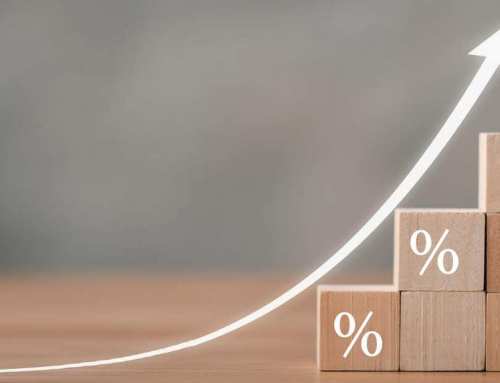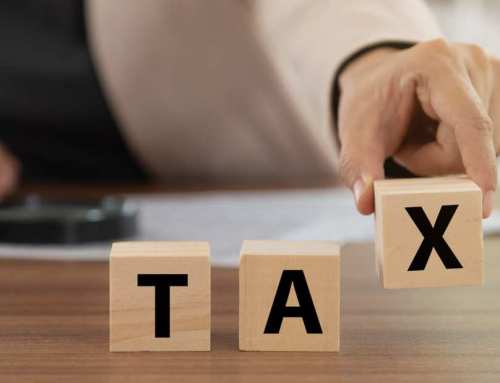States move on property based taxes
Queensland backs down on Australia wide land tax assessment
The Queensland Government has backed away from an amendment that would have seen the land tax rate for investment property in Queensland assessed on the value of the investor’s Australia wide land holdings from 1 July 2023, not just the value of their Queensland property.
The amendment passed the Queensland Parliament and became law on 30 June 2022. The amendment would see the value of all of the landholder’s Australian investment property assessed, the value of Queensland land tax calculated on taxable Australian wide investments, then apportioned to the Queensland portion of the land. The amendment requires the landholder to declare their interstate landholdings and data from other sources to verify the landholdings. The end result is many investors being tipped into a higher land tax rate.
The Bill states, “The land tax reform is intended to make Queensland’s land tax system fairer by addressing an inequity which can result in a landholder with all of their landholdings in Queensland paying more land tax than a landholder with a similar value of landholdings spread across jurisdictions.”
Following the National Cabinet Meeting on 30 September, Premier Palaszczuk rescinded the reform as it relied on the “goodwill of other states, and if we can’t get that additional information, I will put that aside.”
Stamp duty or an annual property tax for NSW first home buyers?
First home buyers purchasing property in NSW of up to $1.5m will have a choice of paying stamp duty or an annual property tax from 16 January 2023.
The annual property tax payments will be based on the land value of the purchased property. The property tax rates for 2022-23 are:
- $400 plus 0.3% of land value for properties whose owners live in them
- $1,500 plus 1.1% of land value for investment properties.
Property tax assessments will be issued annually to home buyers who take the annual property tax option. As an example, a first buyer purchasing a $1.2m NSW property with a land tax value of $720,000, could pay stamp duty of $50,875 or opt to pay the annual property tax ($2,560 for 2022-23). The property tax rates will be indexed annually.
Eligible first home buyers who sign a contract of purchase on or after 16 January 2023 will be eligible to opt into the property tax. If the property tax option is selected, first home buyers must move into the property within 12 months of purchase and live in it continuously for at least 6 months.
The annual property tax is only applicable to the purchaser. If the property is sold, the property tax does not apply to subsequent purchasers. For eligibility details, see First Home Buyer Choice on the NSW Government website.
Legislation enabling the property tax is expected before the NSW Parliament this month. If passed, eligible first home buyers who sign a contract of purchase between the passage of the legislation and 15 January 2023 will be eligible to opt into the property tax. These purchasers will pay land stamp duty but will be able to apply for and receive a refund of that duty if they opt into property tax.
-End-
COVID downgraded but not gone
National Cabinet agreed to end the mandatory isolation requirements for COVID-19 effective from 14 October 2022. Each state and territory has, or will, implement the end of the isolation rules.
The Pandemic Leave Disaster Payment, the payment to workers who have lost income they needed to self isolate or care for someone with COVID-19, also end on 14 October. The Pandemic Leave Disaster Payment was extended beyond its 30 June end date but restricting the number of times claims can be made in a 6 month period.
While the Pandemic Leave Disaster Payment will end, National Cabinet agreed to continue targeted financial support for casual workers, on the same basis as the disaster payment, for workers in aged care, disability care, aboriginal healthcare and hospital care sectors. Final details of this new payment are yet to be released.
ATO contacts ‘at risk’ professional services firms
New guidelines for professional services firms – lawyers, architects, medical practitioners etc., came into effect on 1 July 2022. The guidance takes a strong stance on structures designed to divert income in a way that results in principal practitioners receiving relatively small amounts of income personally for their work and reducing their taxable income. The ATO is now contacting professionals who they believe might be at risk. Any structural changes that need to be made to reduce risk, should be completed by the end of the 2022-23 financial year. Where the ATO deems that income has been diverted inappropriately to create a tax benefit, they will remove that benefit and significant penalties may apply.
1 October minimum wage increase
Minimum wages in 10 awards in the aviation, tourism and hospitality sectors increased from 1 October 2022. The increase happens from the first full pay period on or after 1 October 2022. See the Fair Work Ombudsman for more details.









